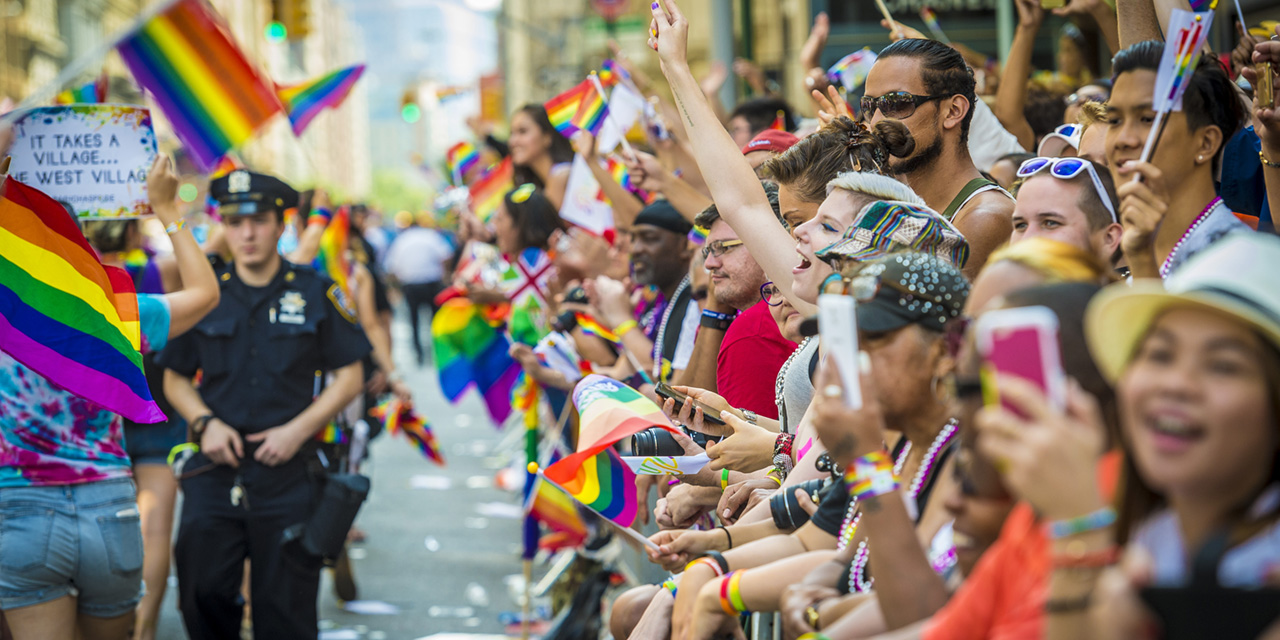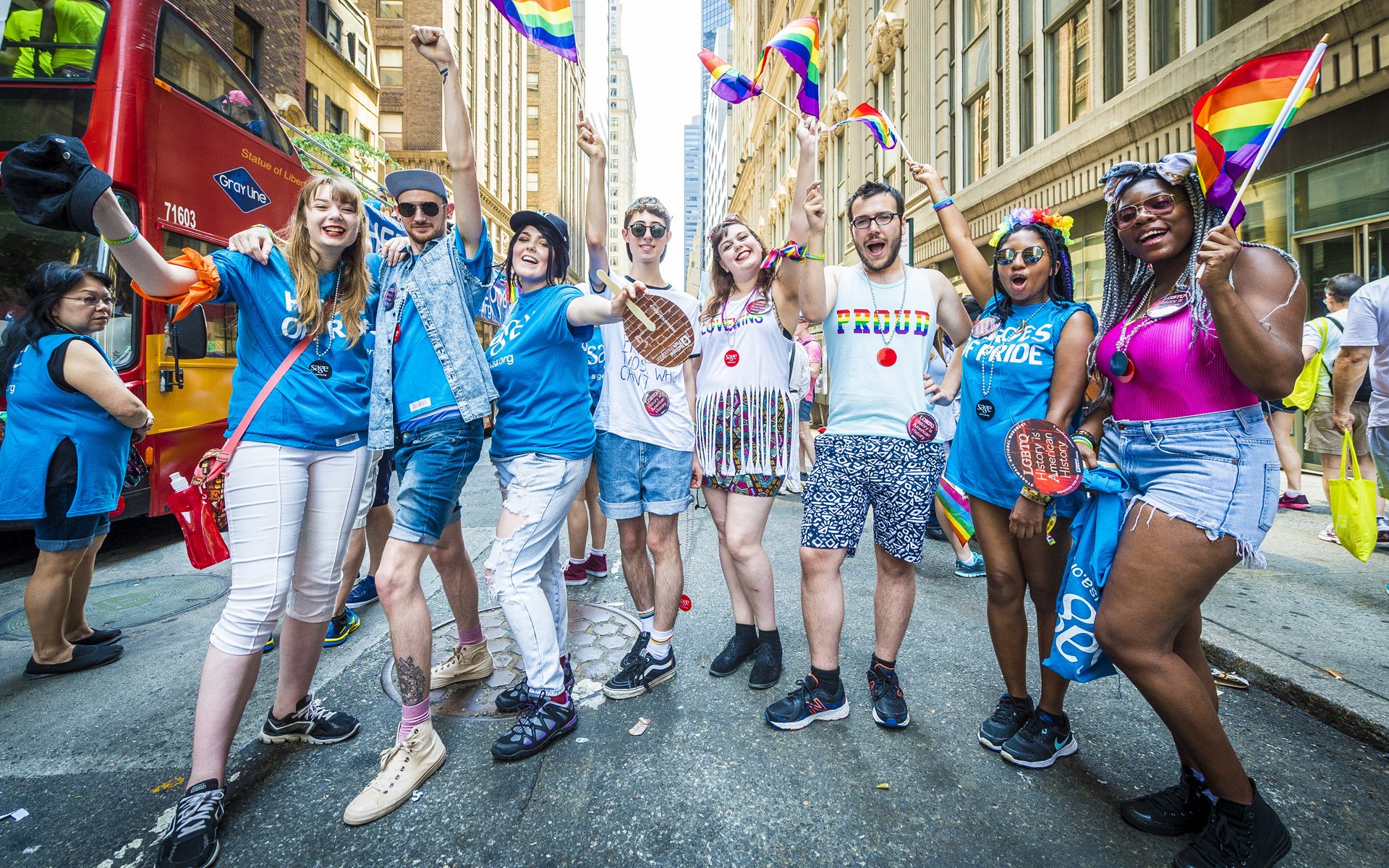At DMU we believe everyone should have the right to travel, free from harassment and persecution, unfortunately many countries are not as liberal as the U.K in relation to the LGBTQ+ community. Attitudes towards LGBTQ+ travellers vary, and it is important to familiarise yourself of the legal and cultural factors to be able to make an informed decision.
Research you can do and where you can find information

Advice for LGBTQ+ travellers while overseas

What should you consider when travelling to a country where LGBT+ identities are criminalised?
In countries where same-sex relationships are criminalised or where discrimination against LGBT people is widespread, lesbian, gay, bi and trans people are often excluded by society and may face prosecution, discrimination or harassment. Travelling to a country where a LGBTQ+ identity is criminalised may have an impact on your mental health; you can find further support and resources for LGBTQIA+ mental health via Mind.org.
What you should do if you have a problem overseas?
British embassy staff will help you if you run into problems overseas, especially if you feel that you can’t approach the local police. They won’t make generalisations, assumptions or pass judgement.
The staff overseas monitor and record incidents brought to their attention by British nationals about the treatment they have received from host authorities and issues of concern are regularly raised with the relevant body.
Where can I find guidance around the passport identity of transgender travellers?
Transgender individuals may face difficulties or delays with a passport application or when arriving at border controls overseas if you present as a different gender to what is stated in your passport, the HM passport office offers further guidance here.
Where can I find further information?
Below are some links to useful online resources:
